Natalka Svyryda, the editor-in-chief of the Prydniprovska Zirka print publication, gave 18 years of her life to the newspaper. With the beginning of
the war, the newsroom temporarily turned into a volunteer headquarters before invaders captured the premises and set up their headquarters there.
The story from the occupied Bilozerka, Kherson Region, is told especially for the National Union of Journalists of Ukraine (NUJU)
“It resembled the plot of some movie. Some thriller”
Now in Natalka Svyryda‘s family, April 10 is a memorable date. This is the day when the family left occupied Bilozerka for the unknown. Natalka remembers the day when she had to save herself like it is today.
“We left on April 10. They left via Snihurivka. The most difficult thing was to dare “there were many conversations that it was dangerous, that cars were being shot. But one moment, we got into the car, took a couple of suitcases, and took a risk,” says Svyryda.
They drove in two cars: Natalka‘s family in one, her brother’s family in the other. Without any accompaniment, “alone, through the fields, without communication and the Internet.
“It was like the plot of a movie,” says Natalia. “Some kind of a thriller. But we got out pretty quickly; we were lucky. People stood in lines for several days “they couldn’t leave.” And we were not really terrorized at the checkpoints because there were children in the car, and the presence of children helped us pass the road relatively calmly.
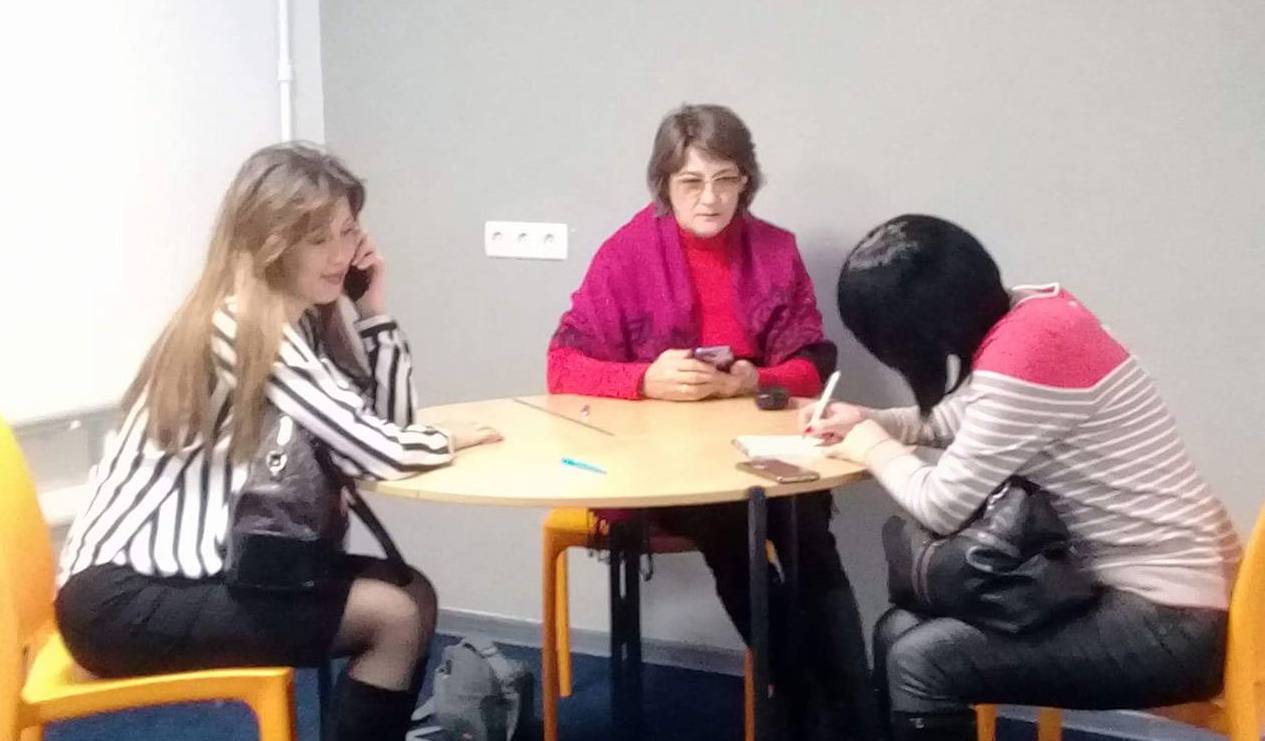
“It was terrifying just to go outside. Military equipment looked very scary “
In fact, Natalia and her family didn’t want to leave until the very end, but they did it for the sake of their elderly parents, “they didn’t want to expose them to unnecessary risk.”
“My mother survived the coronavirus and the death of her husband, my stepfather. And it became horrifying for her when the shelling became louder. Although we began to get used to it when a rocket was shot down near my mother’s street, we heard an explosion; because we were on the street, we realized that everything we heard in the basement before that was not the same at all (we lived in the basement for a month in my mother’s private house). Our interlocutor recalls that when this happens nearby, words cannot express how scary it is.”
Before leaving her hometown, the editor managed to save the editorial property.
“We closed the premises and managed to take out the equipment even at the beginning of the occupation. And for some time, the volunteer staff worked in our office helping people with products.”
It went on that way up until the Russian occupiers came there. They were always looking for ways to make a living and appropriate something. They broke the locks in the newsroom but found nothing because Natalka and her colleagues hid the equipment in one of the basements in time. Then the Russian ‘robbers’ set up their lair in the building.
“At the time when they came to the newsroom, we were hiding in the basements. It was terrifying just to go outside. The military equipment was very scary. I remember the first time Russian soldiers entered our village from the side where my mother lives. We were the first to have enemy checks. The very appearance of armed soldiers, heavy equipment, which we have never seen before in our lives, APCs, snipers sitting on top, all this was very scary,” Natalka excitedly recalls the events of the beginning of the full-scale war.
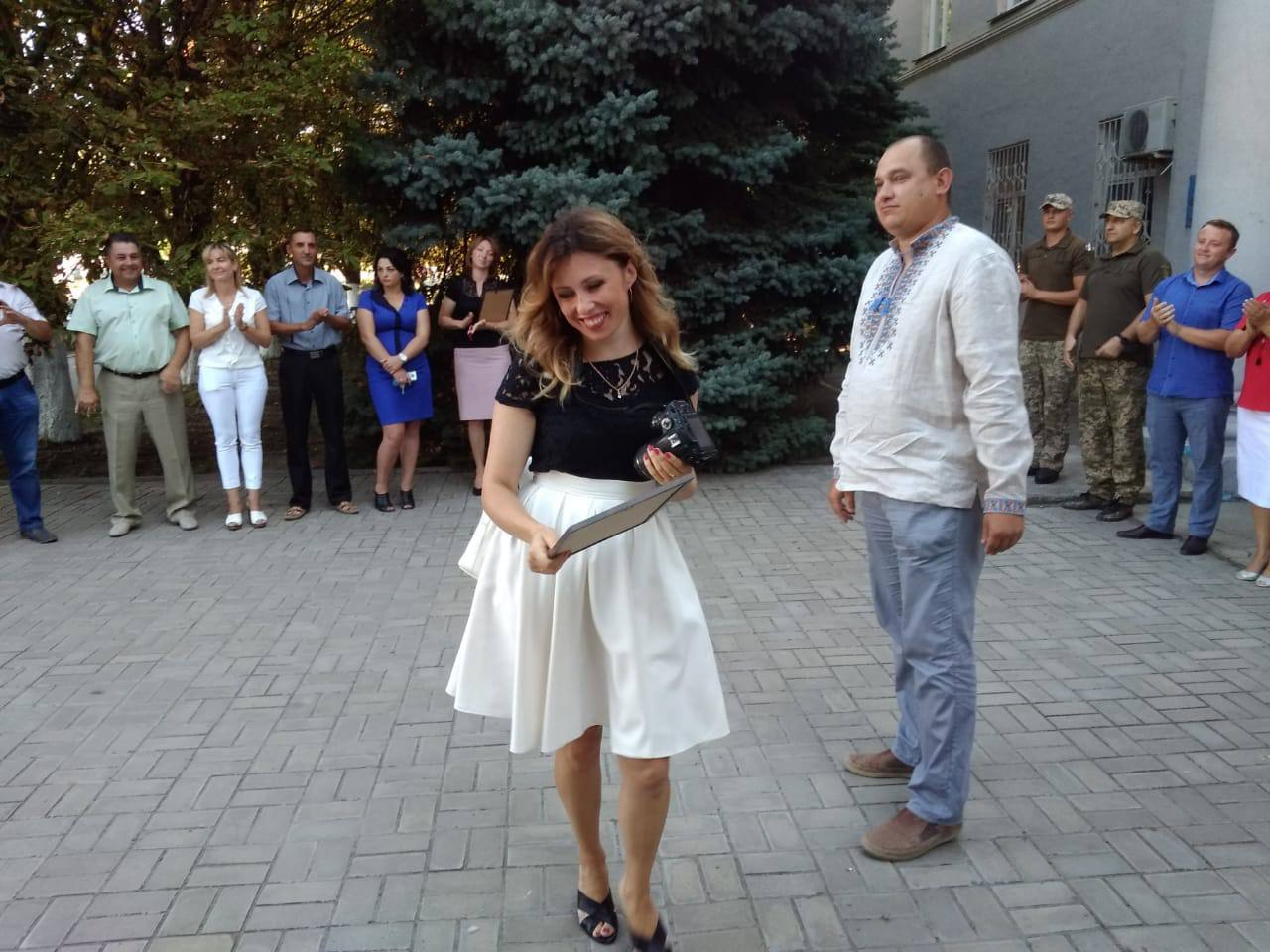
“Maybe when we come back when other people come back, we can revive the newspaper”
We did not have to think about the newspaper’s publishing then; we would have survived by ourselves. Russian aggressors continuously bombarded the Kherson Region, terrorized the local population, and forced them to cooperate. Natalka admits that the newsroom had been through difficult times before the war.
“We were self-sufficient, and it was challenging for us. There was significant competition with regional publications, which were more powerful than ours… As well as online publications… At the beginning of the war, I was an editor, half-time an accountant, and half-time a typewriter. We cooperated with the Bilozerka Regional Development Center organization: they had a website, we implemented joint projects, and they printed our materials. So, we had such a tandem. And when I had already left, I received an offer to work on the website until the newspaper was published. Most of our subscribers are residents of villages, many of which are destroyed today. Maybe in time, when we come back when other people come back, we will be able to revive the paper. But first, people will need to restore their housing and everyday life, and only then the “newspaper,” the media woman states with regret. “Now, thanks to Bilozerka Regional Development Center, we are making a special newspaper edition. We are almost at the final stage. It will be Prydniprovska Zirka on 16 pages instead of eight, as was always the case. And they will distribute the newspaper for free throughout our five communities. This is such a gift for our readers. I devoted 18 years to the newspaper, except for the year of the war. I have been working there all my life… It is difficult for me to break the connection with work.”

Natalka and her family now live in Khmelnytskyi. They thought they were going for two or three weeks; then they hoped to return at the end of summer or at least in autumn…
“Now we dream that it will be spring. Well, at least this summer… That’s how we live. We have friends and acquaintances left there, and they say, “Don’t rush and wait”… But how long should we wait?” the journalist asks herself.
JOURNALISTS ARE IMPORTANT. Stories Of Life And Work In War Conditions is a cycle of materials prepared by the team of the NUJU with the support of the Swedish human rights organization Civil Rights Defenders.

 THE NATIONAL UNION OF
JOURNALISTS OF UKRAINE
THE NATIONAL UNION OF
JOURNALISTS OF UKRAINE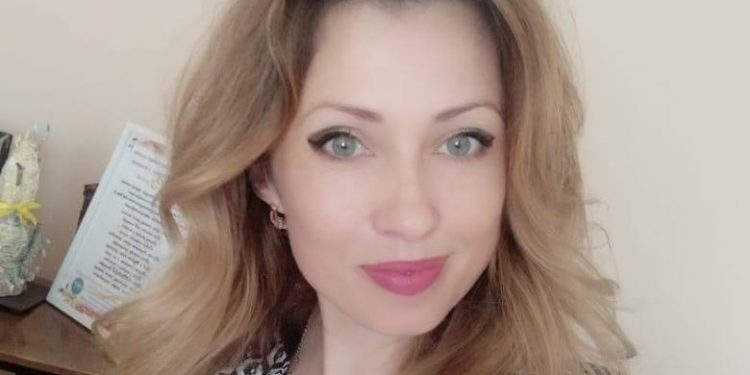
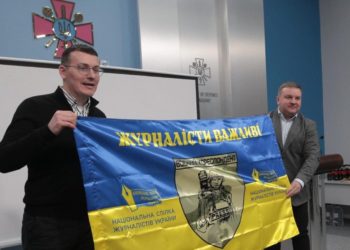
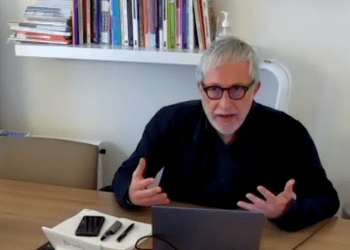
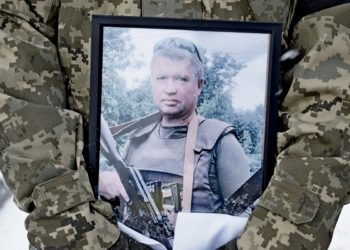













Discussion about this post